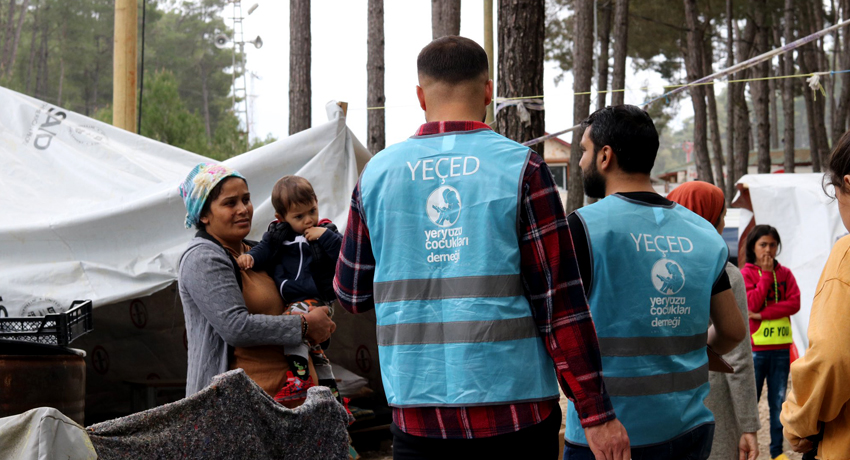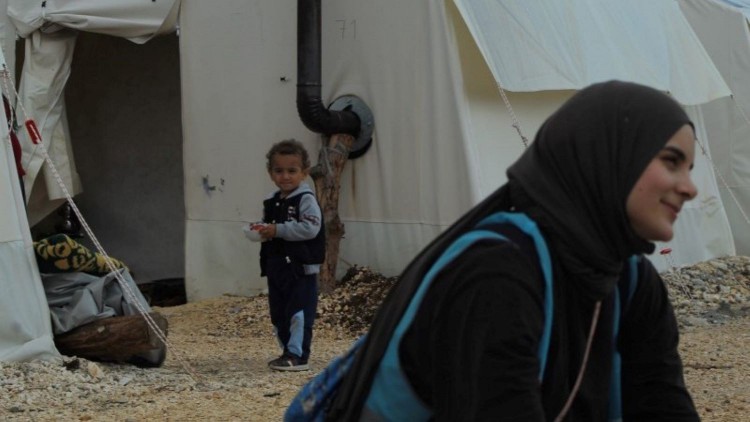
- Who We Are
- About Us
- Our Story
- Policies
- YECED Accountability Framework
- Anti Bribery and Anti Corruption Policy
- Anti Fraud Policy
- Climate Change Policy for Yeryüzü Çocukları Association
- Code of Conduct
- Conflict Of Interest Policy
- Cost Sharing Policy
- YECED Gender Equality Policy
- YECED Human Resources Manual
- YECED Occupational Safety and Security Policy
- YECED Procurement Policy
- YECED Protection Expertise Areas
- YECED PSEA Policy
- YECED Risk Management Policy
- YECED Safeguarding Policy
- Corporate Documents
- Media Kit
- Frequently Asked Questions
- What We Do
- What You Can Do
- YEÇED Agenda
- Our Stories
- Our Publications
- Activity Bulletins
- Reports
- A Comprehensive Overview for Rohingya Refugee in Bangladesh
- Annual Activity Report – 2024 – YECED
- Children of Earth School – YECED
- Education and PSS Activities – YECED
- FDF Project Final Report – YECED
- Hilalkent Container City Observation Report – YECED
- Impact of Yeçed’s Child-Focused Interventions – YECED
- Organization Profile – YECED
- SVA Project Final Report – YECED
- Syria Activity Report – YECED
- Syria Field Report – YECED
- Trauma Sensitive Counseling Services In Syria – YECED
- Truma Sensitive School Counsellig Model – YECED
- Us in the Press
- Contact Us

9377 SMS Bağış Hattı
Gönderilen her kısa mesaj 10,00 ₺ olarak ücretlendirilir.
9383 SMS Bağış Hattı
Gönderilen her kısa mesaj 50,00 ₺ olarak ücretlendirilir.
9388 SMS Bağış Hattı
Gönderilen her kısa mesaj 70,00 ₺ olarak ücretlendirilir.
Gönderilen her kısa mesaj 10,00 ₺ olarak ücretlendirilir.
9383 SMS Bağış Hattı
Gönderilen her kısa mesaj 50,00 ₺ olarak ücretlendirilir.
9388 SMS Bağış Hattı
Gönderilen her kısa mesaj 70,00 ₺ olarak ücretlendirilir.
Son Haberler
Desteklerinizle Bir Çocuğa UMUT olacağınızı unutmayın!
© 2023 Yeryüzü Çocukları Derneği. All Rights Reserved.





